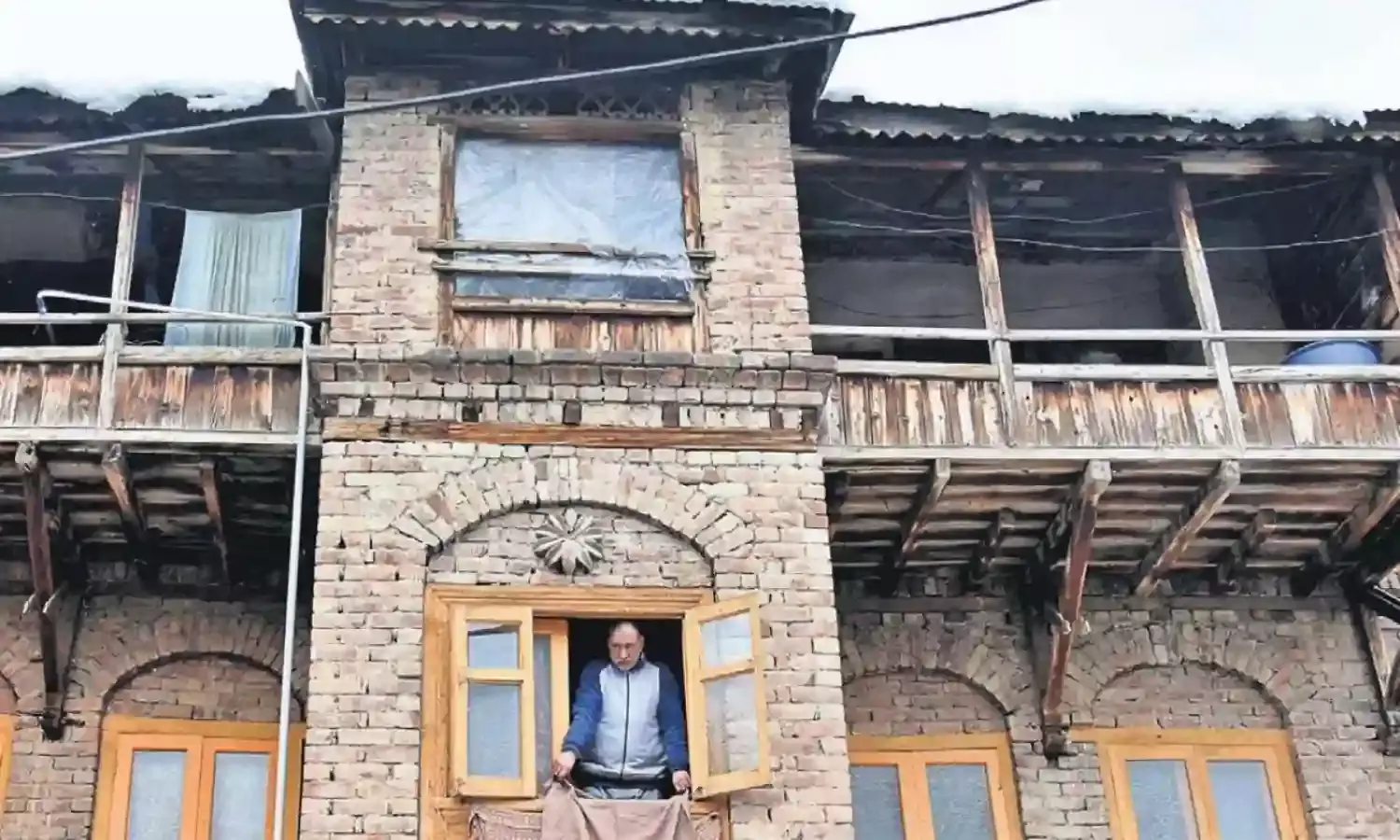Fast Unto Death - What About Us, Ask Kashmir's Non-Migrant Pandit Families
Jobs and compensation

About 800 odd Kashmiri pandit families are struggling to be noticed in the Kashmir Valley, being politically insignificant for Delhi in the government’s larger agenda. Hunger fasts and protest demonstrations have elicited some promises but no action with Kashmiri Pandit Sangharsh Committee leader Sanjay Tikku planning to start a second fast unto death from November 22.
Tikku’s is one of the 800 families, as per the 2010 census, who defied the years of militancy and stayed back in Kashmir despite the exodus of others from their community. These families do not come under the ‘migrants’ category and find themselves deprived of several measures that the central government has been announcing for the Pandit migrants regarding job reservations and monthly compensations.
Tikku himself stayed back as his mother refused to leave Kashmir. As did the parents of many of the other families who have lived through the turbulent times, and in the process developed good relations with their neighbours. Sanjay Tikku, in particular, has always been a visible figure in Kashmir, a soft spoken gentleman who has never hesitated to mince words. He is very well regarded in Srinagar.
“What about us, where are we in all this,” he asked when contacted by The Citizen. He has been on one fast unto death already last month, calling it off only when approached by the local administration that offered to redress the Samiti’s grievances about jobs and compensation. “We have given them time, but there has been no word from the government so we will be sitting again on a hunger fast unto death from November 22,” he said.
The Samiti is asking for jobs for their youth (about 600 in number); cash relief comparable to the Rs 13,000 per month being given to the Pandit migrants, restoration and renovation of temples, springs and cremation grounds in Kashmir. Tikku is of the view that the indifference arises from a strategy to “sabotage the process and push the non-migrant Kashmiri Pandits to the wall so that we leave Kashmir, to implement some political agenda.” He said that “no one listens to us.”
It has not been easy for these Pandit families to withstand pressures from both within Kashmir and outside, and they have all managed sufficient wriggle room to be respected and as Kashmiri neighbours have said, protected through all these years. Tikku said that many of the families had lost their businesses and jobs during the pandemic, and were now almost destitute with no other means of livelihood. The government has announced schemes for Kashmiri pandits, but nothing for us, he pointed out. As they do not come under the ‘displaced’ category.
Life has not been easy for these few families after the exodus. And while many of them do not regret their decision to stay behind, they all feel that they have not been given due regard by governments in Delhi who tend to look on those who left the Valley as their essential vote bank. “We do not count as we are insignificant in numbers,” Tikku has always maintained pointing out that this ‘discrimination’ stretches back decades with the Kashmiri pandits in the Valley always being left out of central schemes.
As the Samiti has maintained, their families in Kashmir have been left in limbo. “We are neither here nor there” and Tikku’s efforts now are to ensure that New Delhi recognises their claims. “What crime have we committed by staying back in Kashmir, and just because we did not displace ourselves we are left out of all the schemes despite the hardships, “ is Tikku’s argument.



